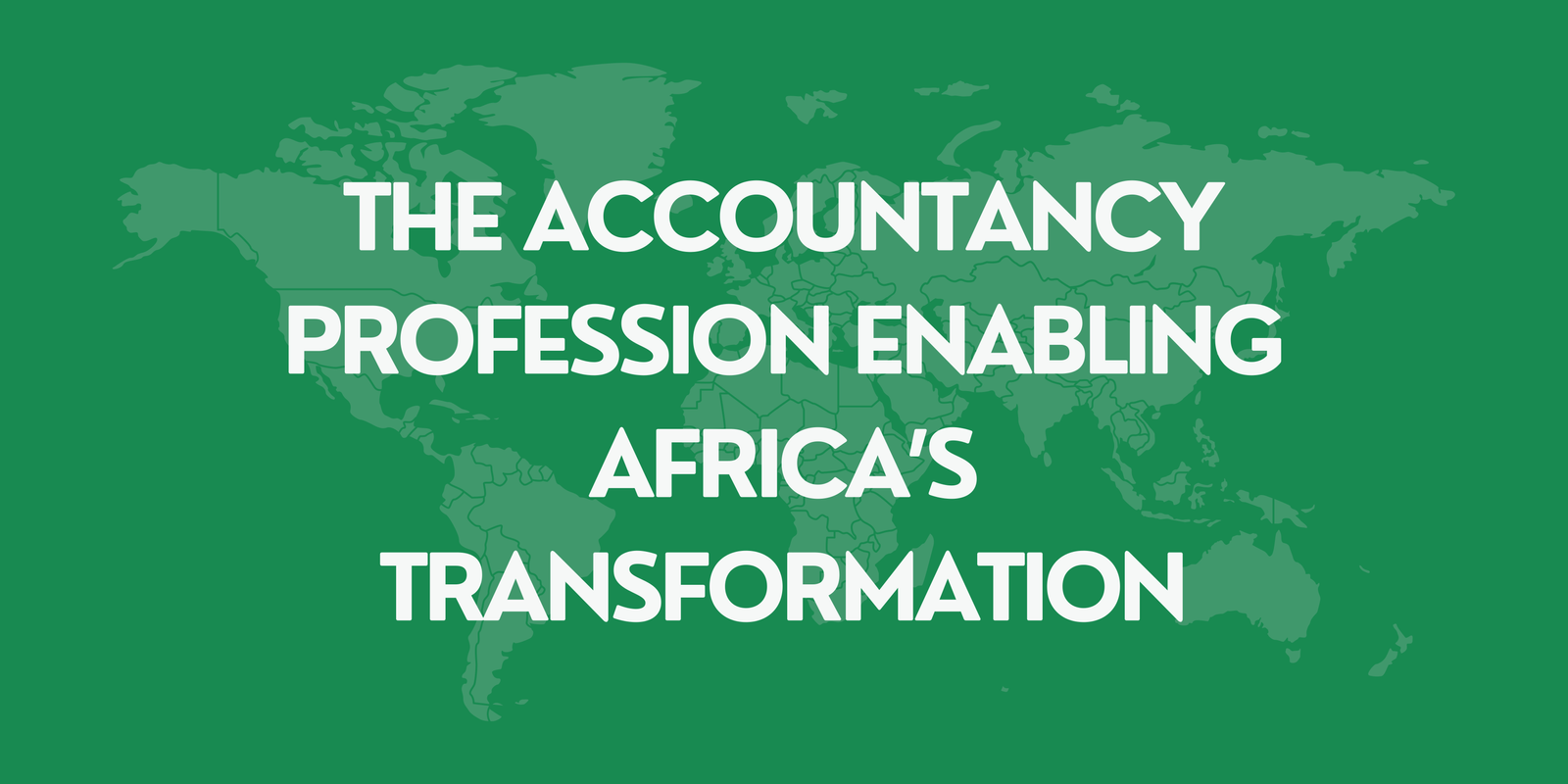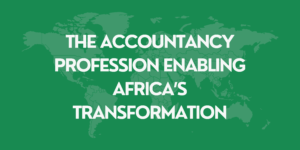Merit Advisory Services has published an in-depth paper titled “Unlocking Revenue Potential: The Case for Implementing Value-Added Tax in Somalia,” authored by Burhan Salah. The paper explores Somalia’s current tax system, which heavily relies on import taxes and has one of the lowest tax-to-GDP ratios in the region at just 2.9%. With the existing sales tax system contributing minimally to revenue and being prone to evasion and inefficiency, the paper advocates for the introduction of a Value-Added Tax (VAT) as a more robust alternative.
Salah highlights the fundamental differences between sales tax and Value-Added Tax (VAT), focusing on how VAT enhances transparency and compliance across the supply chain. Sales tax is a consumption tax applied only at the final point of sale to the consumer, meaning businesses involved in the production or distribution process do not pay taxes on intermediate transactions. This system, while straightforward, is vulnerable to tax evasion and lacks transparency as it relies solely on the accuracy of reporting at the retail level.
In contrast, VAT is a multi-stage tax applied at every stage of production and distribution, from manufacturers to wholesalers and retailers. Each business in the supply chain pays VAT on the value they add to the product, but they can also claim credits for the VAT paid on their purchases. This system creates a built-in mechanism for self-regulation, as businesses have an incentive to report transactions accurately to claim their VAT credits. By promoting transparency and compliance, VAT reduces the likelihood of tax evasion and ensures a more efficient tax collection process.
Drawing on comparisons with countries like Kenya and Uganda, the paper argues that adopting VAT in Somalia could significantly increase domestic revenue, providing a more reliable and transparent tax framework than the current sales tax system.
The paper also offers practical recommendations for implementing VAT, including establishing registration thresholds, creating a VAT register, and introducing VAT zero-rating for exports to promote business competitiveness. Burhan Salah’s research provides a well-structured argument for VAT as a solution to Somalia’s revenue challenges and lays out steps for a smoother transition from the current sales tax system. This paper is essential reading for policymakers and business leaders aiming to unlock the country’s revenue potential.
















